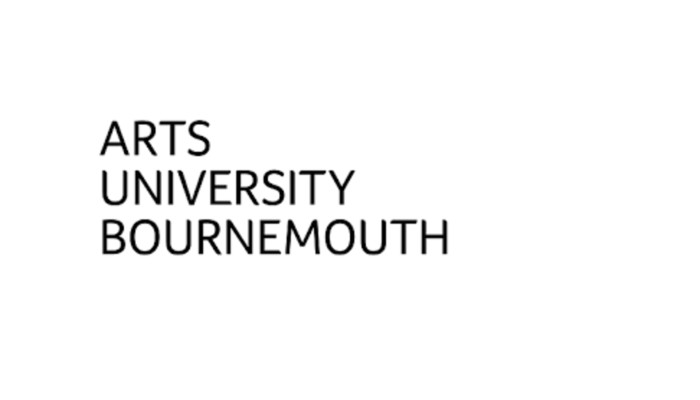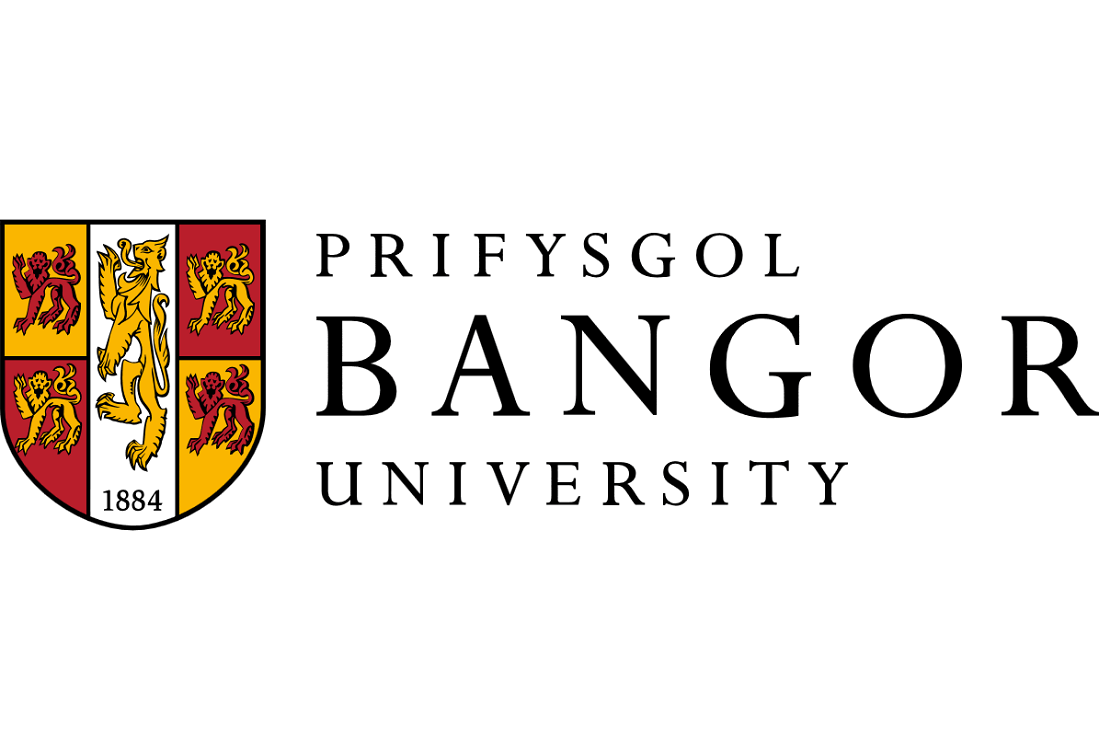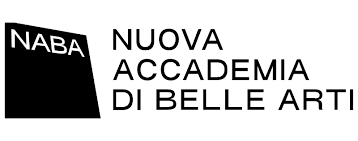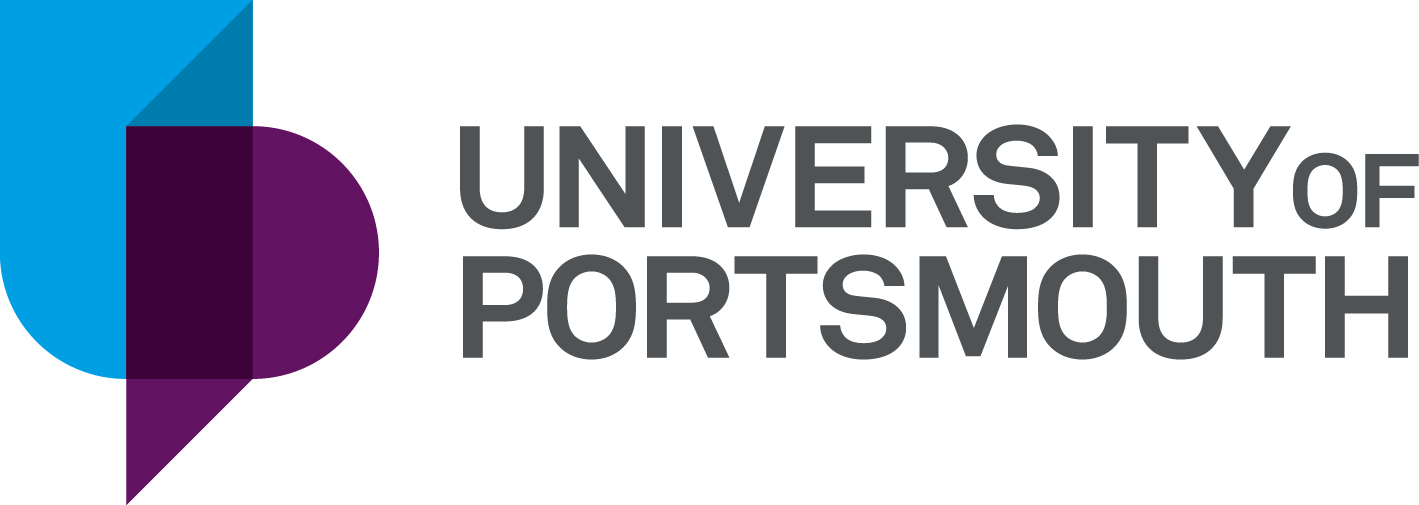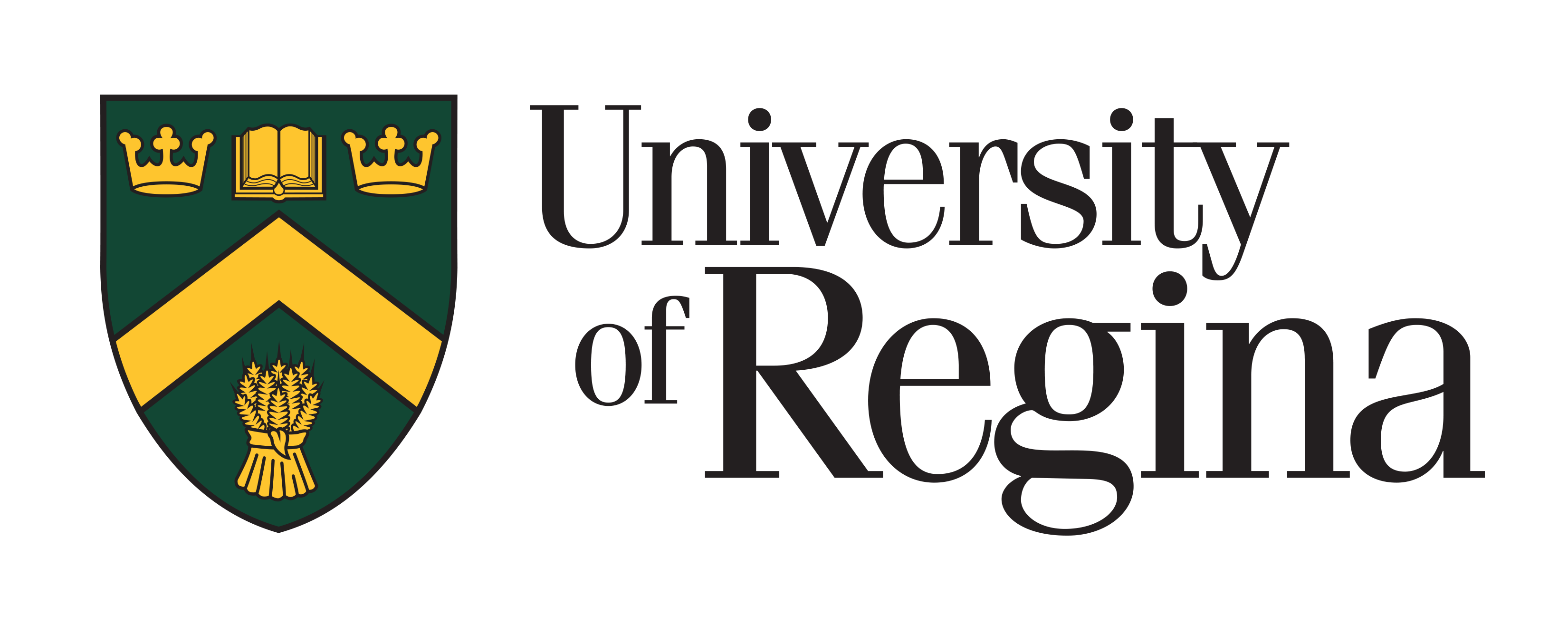Creative Technologies: Innovate and Create in the Digital Age
Are you an Indian student passionate about blending creativity with cutting-edge technology? The Creative Technologies course is your gateway to a dynamic career where art meets innovation. Designed for those who dream of shaping the future through digital design, interactive media, and emerging tech, this program equips you with skills to thrive in industries like gaming, animation, virtual reality (VR), and user experience (UX) design. Studying abroad in countries like the USA, UK, Canada, or Australia offers Indian students unparalleled exposure to global trends, world-class facilities, and diverse networks—perfect for turning your ideas into reality.
With India's booming tech sector and creative industries growing at 15-20% annually, a degree in Creative Technologies from abroad can give you a competitive edge. You'll return home with international credentials that open doors to top firms like Infosys, Tata Consultancy Services, or even startups in Mumbai and Bangalore. Let's dive into what this exciting field has to offer.
What is Creative Technologies?
Creative Technologies is an interdisciplinary field that fuses artistic expression with technical proficiency. It explores how technology enhances creativity, from developing interactive installations to designing immersive digital experiences. Unlike traditional computer science or fine arts, this course bridges the gap, teaching you to use tools like AI, augmented reality (AR), and 3D modeling to solve real-world problems creatively.
For Indian students, this means combining your cultural storytelling heritage—think Bollywood visuals or traditional motifs—with modern tech. Imagine creating VR experiences of Indian festivals or apps that preserve ancient art forms digitally. Abroad, you'll learn in environments that encourage experimentation, far from the rote learning often emphasized back home.
Course Overview
Creative Technologies programs typically span 3-4 years for a bachelor's degree or 1-2 years for a master's, with options for diplomas and certifications. Most courses are offered at undergraduate and postgraduate levels, allowing flexibility based on your background. Expect a mix of theoretical lectures, hands-on projects, and collaborative studios.
- Duration: Bachelor's: 3-4 years; Master's: 1-2 years
- Mode: Full-time on-campus, with some hybrid options post-pandemic
- Entry Levels: Beginners welcome; prior knowledge in design or programming is a plus but not mandatory
- Assessment: Portfolios (60%), exams/projects (30%), presentations (10%)
Classes are interactive, often involving group work with international peers, which helps Indian students build confidence in English communication and global teamwork—skills highly valued by employers in India.
Curriculum Highlights
The curriculum is designed to build progressively, starting with fundamentals and advancing to specialized topics. Core modules cover digital tools, creative coding, and ethical tech use, while electives let you focus on passions like game design or digital storytelling.
Key Modules:
- Introduction to Digital Media: Learn basics of graphic design using Adobe Suite, vector graphics, and raster imaging. Explore how Indian aesthetics can influence global digital art.
- Creative Coding: Dive into programming languages like Processing, p5.js, and Python for interactive art. No prior coding experience needed—perfect for artsy Indian students transitioning to tech.
- Interactive Technologies: Study sensors, IoT devices, and wearables to create responsive installations. Projects might include AR filters inspired by Indian mythology.
- VR/AR and Immersive Media: Build virtual worlds using Unity or Unreal Engine. Understand applications in education, like virtual tours of the Taj Mahal.
- UX/UI Design and Human-Computer Interaction: Focus on user-centered design, prototyping with Figma, and accessibility—crucial for inclusive tech in diverse India.
- Emerging Trends: Cover AI in creativity, blockchain for digital art NFTs, and sustainable tech practices.
- Capstone Project: A year-long endeavor where you develop a portfolio piece, such as an interactive app for social good, mentored by industry experts.
Many programs include internships or industry placements, giving you real-world experience. For instance, in the UK, you might collaborate with BBC on digital content, while in the US, partnerships with Silicon Valley firms offer tech exposure.
Skills You'll Gain
By the end of the course, you'll possess a versatile skill set that's in high demand worldwide. These abilities not only boost your resume but also empower you to innovate in India's creative economy.
| Technical Skills | Creative Skills | Soft Skills |
|---|---|---|
| Programming (JavaScript, C#) | Storytelling and Visual Design | Team Collaboration |
| 3D Modeling (Blender, Maya) | Concept Development | Problem-Solving |
| AR/VR Development | Digital Animation | Critical Thinking |
| Data Visualization Tools | Multimedia Integration | Adaptability to Tech Changes |
Indian students often excel here, bringing unique perspectives like cultural sensitivity to design, which is vital for global apps serving billions.
Career Opportunities
Graduates of Creative Technologies are highly employable, with starting salaries abroad ranging from $50,000-$70,000 USD annually. In India, roles at companies like Flipkart or Zomato can fetch ₹8-15 lakhs per year, rising quickly with experience.
- Job Roles: UI/UX Designer, Game Developer, Interactive Media Specialist, AR/VR Content Creator, Digital Artist
- Industries: Entertainment (gaming, film), Tech (apps, software), Education (e-learning tools), Advertising (digital campaigns)
- Entrepreneurship: Launch your own studio—many alumni start VR firms in Bangalore's startup ecosystem
- Global Mobility: Degrees from top unis qualify for post-study work visas, like Canada's 3-year PGWP, easing return to India or staying abroad
For Indian students, this field aligns with the "Make in India" initiative, where creative tech can drive innovation in sectors like tourism and heritage preservation.
Top Destinations and Universities for Indian Students
Choosing the right country matters for visa ease, cultural adaptation, and Indian community support. Here's a quick guide:
| Country | Top Universities | Why for Indians? | Avg. Tuition (per year) |
|---|---|---|---|
| USA | MIT Media Lab, NYU Tisch School | Large Indian diaspora, STEM OPT visa extension | $40,000-$60,000 USD |
| UK | University of the Arts London, Goldsmiths | 2-year post-study work visa, vibrant Indian student groups | £15,000-£25,000 |
| Canada | OCAD University, Simon Fraser University | PR pathways, affordable living, multicultural cities | CAD 20,000-30,000 |
| Australia | RMIT University, University of Technology Sydney | Post-study work rights up to 4 years, Indian festivals celebrated | AUD 25,000-40,000 |
These unis offer scholarships specifically for international students, reducing costs significantly.
Admission Requirements for Indian Students
Getting in is straightforward with preparation. Most programs require:
- Academic Qualifications: 10+2 with 60%+ for bachelor's; bachelor's degree for master's (GPA 3.0+ equivalent)
- English Proficiency: IELTS 6.5+ or TOEFL 80+ (many waive for Indian English-medium students)
- Portfolio: Submit 5-10 creative works; highlight any digital projects or sketches
- Statement of Purpose (SOP): Explain your passion—mention how studying abroad will help you contribute to India's creative scene
- Letters of Recommendation: From teachers or mentors
- Visa: Student visa with proof of funds; countries like Canada have high approval rates for Indians (over 80%)
Apply 6-12 months in advance via university portals. Our study abroad counselors can guide you through the process.
Scholarships and Financial Aid
Funding shouldn't be a barrier. Indian students have access to generous options:
- University Scholarships: Merit-based awards covering 20-50% tuition (e.g., Chevening for UK)
- Government Schemes: India's ICCR scholarships or Fulbright for USA
- Private Funds: Inlaks Shivdasani Foundation grants up to ₹10 lakhs
- Part-Time Work: 20 hours/week allowed, earning $10-15/hour to offset living costs
Average total cost: $30,000-$50,000 USD/year including living expenses, but scholarships can halve this.
Life as an Indian Student Abroad
Studying Creative Technologies abroad is an adventure! You'll join clubs for Indian classical dance fused with tech or Diwali hackathons. Universities provide orientation for international students, including visa workshops and mental health support. Cities like Toronto or London have massive Indian communities, with grocery stores stocking masalas and temples nearby.
"As an Indian from Delhi, studying at RMIT in Melbourne transformed me. I created an AR app on Indian street food that won an award—now I'm interning at a top firm!" — Priya Sharma, Graduate 2023.
Challenges like homesickness are real, but peer networks and counseling help. Plus, the creative freedom abroad sparks innovation you can't get elsewhere.
Ready to Start Your Journey?
Creative Technologies isn't just a course—it's a launchpad for your imaginative career. For Indian students, it's an opportunity to globalize your talents and bring back skills that India needs. Contact us today to explore programs, apply for scholarships, and plan your study abroad dream. Your creative future awaits!

